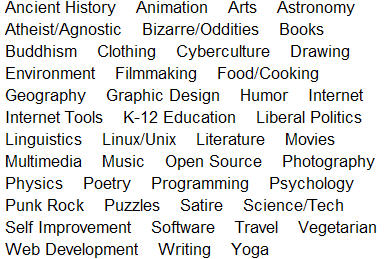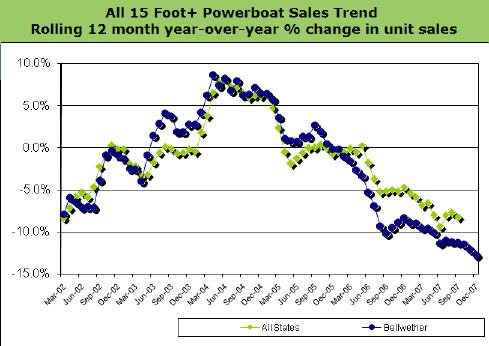When avant-garde rock band Radiohead posted their latest album online, they invited fans to pay whatever price they thought was appropriate — or even pay nothing at all. More recently, bluesy Brit Joss Stone went on record as saying she thought “piracy” of her music was just dandy. She implies that the freely shared music is growing box office sales of her live shows. These and other examples from the recording industry suggest a business model where your chief intellectual product can be given away — or shared at a huge discount — to the overall benefit of your bottom line. One could even go so far as suggest that digital rights management (DRM) protection does more economic harm than good.
Okay, but does this model hold water if you’re a niche business writer, speaker and consultant?
 My blogging friend Kevin Hillstrom reports that it seems to, if viewed holistically. And especially since his book is called Multichannel Secrets, you’d better believe Kevin views things holistically!
My blogging friend Kevin Hillstrom reports that it seems to, if viewed holistically. And especially since his book is called Multichannel Secrets, you’d better believe Kevin views things holistically!
Joss Stone more or less admitted in her interview that, taken as a single tactic (my word, not hers), giving away music helps create buzz. It doesn’t help pay the bills. But this buzz is supporting her live shows. She is, in essence, a multi-channel business, and one channel is benefiting from the loss-leader status of the other.
Similarly, Kevin — who is the president of MineThatData — mentions in his blog that his pre-release book giveaway was not a profitable move. He reports at one point that he gave away twice as many books as he sold. But he emphasizes that as a “‘micro-channel’ strategy to running my business,” the giveaway concept makes good economic sense.
If you’re a self-publisher, you’ve probably already considered the strategy of giving out free advance copies. But Kevin can still help you, with his well-framed case for emulating Radiohead. Rock on, Kevin!




